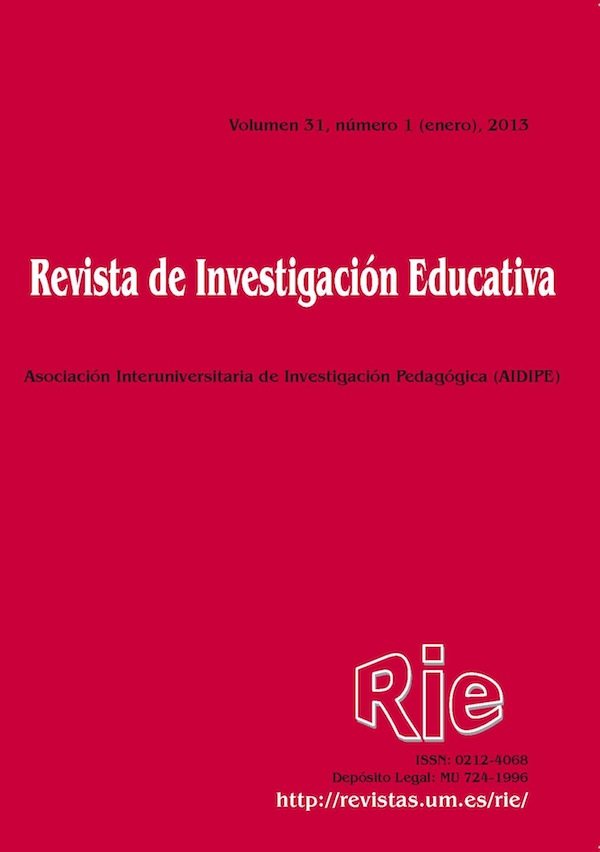Description of the process of written composition of university students for a multilingual and technological development
Supporting Agencies
- Junta de Andalucia y Universidad de Granada
Abstract
The purpose of this investigation is to describe the cognitive-linguistic, metacognitve-affective, and socio-cultural processes involved in written composition of university students. These processes are universally applied by expert writers in any language, thus may be considered developmental processes in the multilingual writer. Furthermore, these processes are essential in technological communication. A methodological design was used in this study, in which written cognitive interviews were conducted with a sample of 86 university students. The Method of Content Analysis allowed the application of a categorization system which operatively defined the written processes expressed by students. In terms of frequency, the results showed that university students display a certain degree of procedural, affective and socio-cultural writing competence, and that there is a need for specific programmes which foster professional and scientific use of written composition stressing the importance of conditional processes.
Downloads
-
Abstract727
-
PDF (Español (España))764
The articles and scientific documents published in RIE abide the following conditions:
1. The Servicio de Publicaciones de la Universidad de Murcia (the publisher) has the property rights (copyright) of all the documents published and allows the reuse under the user’s license indicated in point 2.
2. All documents are published in the digital edition of RIE under a Creative Commons Reconocimiento-NoComercial-SinObraDerivada 4.0 Internacional. (legal document) license. These documents can be copied, used, distributed, communicated and explained publicly if: i) the author(s) and its original source of publishing (magazine, publisher and URL of the document) are cited; ii) it is not used for commercial purpose; iii) the existence and the specifications about this license are mentioned.
3. Auto-archive’s conditions. The authors are allowed and encouraged to digitally distribute the pre-print versions (a version before evaluation) and/or post-print (a version that it is already evaluated and accepted to its publication). This promotes circulation and distribution earlier and can increase the citations and significance within the academic community.









